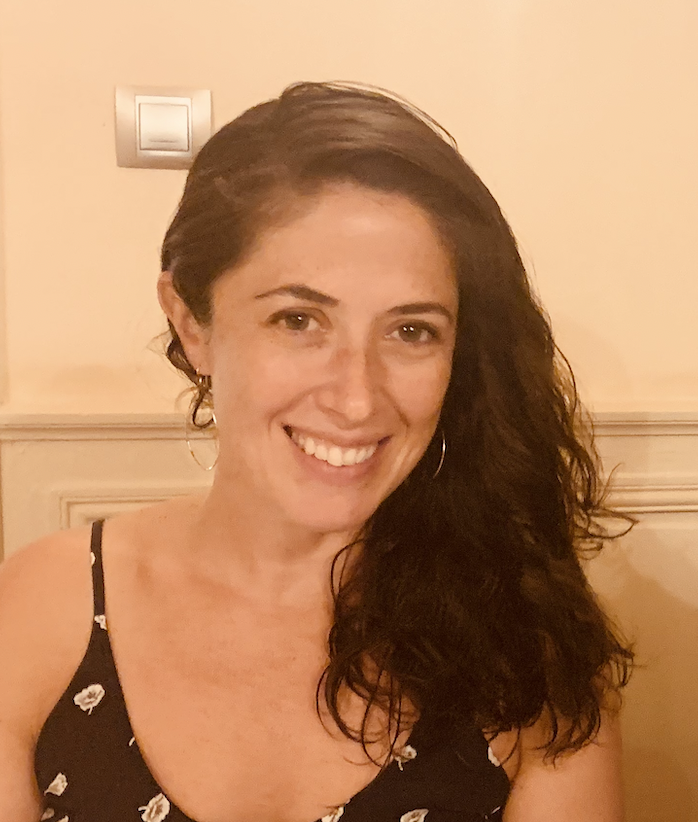 High school and college students today may well be busier than they have ever been: mountainous piles of homework, an unprecedentedly competitive application climate, and an unrelenting tumult of stimulation homing in on students through computers, tablets, and smartphones. Hence, we in the academic consulting industry have found that one of the most important skills students can develop is time management. In this blog post, our Svengali of Scheduling and Director of Operations teaches you her secrets.
High school and college students today may well be busier than they have ever been: mountainous piles of homework, an unprecedentedly competitive application climate, and an unrelenting tumult of stimulation homing in on students through computers, tablets, and smartphones. Hence, we in the academic consulting industry have found that one of the most important skills students can develop is time management. In this blog post, our Svengali of Scheduling and Director of Operations teaches you her secrets.
To say the very least, time management challenges are common at both the high school and college level:
-
High school is a unique period because the goal of college admissions is always looming in the offing. Testing is intense. In addition to trying to stay on top of schoolwork, there are SAT subject tests, the SAT and/or the ACT, and AP courses to prep for.
-
At the college level, many students have to balance extracurricular commitments and part-time jobs with coursework, while others are actively working towards a goal of graduate school admissions.
For many students, a heavy academic course load or a stretch of standardized test preparation isn’t so challenging because of the content covered, but rather because of the organizational skills required to juggle multiple priorities, and do so well.
It’s true that meeting deadlines is important, but doing so well (i.e. producing a well-crafted paper or precise lab report) is even more important. During high school and college, it’s also critical that you have some fun. “Work hard, play hard” is the mantra of many students at top colleges, and I think it’s a worthwhile phrase to keep in mind.

At Cambridge Coaching, we reject this hypothesis.
Even when it seems like your every day is booked with to-dos, I promise you can achieve your version of fun (whether it’s staying out late and partying with friends, going out of town a weekend hike, or movie-going). It’s just a matter of getting organized and staying on top of your schedule.
So, how can you balance your academic schedule and still have time to play? It’s all about setting short-term priorities and creating plans for longer-term goals.
Let’s explore some of the common organizational tools available to you:
-
A computer based calendar (google or Ical)
-
Post-it notes
-
A planner (old-school)
-
A tool like wunderlist or producteev
-
An academic coach or study skills tutor
-
A plain-old hand written list
-
An Excel spread sheet
-
A combination of the above
There are a lot of options, aren’t there? Don’t get overwhelmed! You don’t want how your organize yourself to become another cumbersome task—or worse, wind up with a case of “procrastination through organization.” What’s important is selecting the organizational tool that is the most natural to you.
In my case, I use 3 of these tools. You might say, “You use three tools? Are you completely compulsive?” The answer might be yes, but I can tell you that the 3 tools work together for me to simplify my processes and make sure I am on top of it, whatever “it” may be. I integrate the tools into my day-to-day life to seamlessly help me prioritize goals and zoom in on time-sensitive tasks.
How does each of these tools work for me?
1. Google calendar: This is my scheduling tool. I use this calendar to keep track of meetings and events. I also use the calendar to set reminders for myself in the future (for example: “Remember to call Mom on her birthday”, or even something like “Start studying for your Chinese final this week”). With gcal, I answer the question: “What I am doing today, next week, in three months?”
2. Wunderlist: I use Wunderlist to keep track of general projects. Wunderlist allows users to create a task and “sub tasks”. It’s a nice way to keep a running tab of to-dos and projects both short-term and long-term. With Wunderlist, I answer the question: What am I working on this week and what am I planning to work on?
3. My planner: I like to work with paper; the feeling of crossing something off manually is appealing to me. The point of the planner is to focus my short-term, daily goals. My planner answers the question: What are my priorities for a given day?
Using more multiple organizational tools may feel like too much to you! If you like to keep things simple and centralized in one place, then I’d encourage you to start managing your schedule with a calendar tool and tracking tasks with an excel spreadsheet. If you make yourself a spreadsheet in Google docs, you can completely customize the document to meet your needs and since it’s web-based, you can access it from anywhere!
The best way to figure out what works for you organizationally is to be playful. Try different tools for a few weeks and see how much you get done:
-
Does a certain organizational tool increase your productivity?
-
Are you better with a pre-fab tool like Producteev?
-
Do you prefer to write things down by hand?
Leave yourself some wiggle room to explore and learn about what systems make your life easier. If you’re really at a loss, hire a study skills tutor or work with an organized friend to get started on managing your time and tasks! That alone will help you breathe easy when midterms roll around.


Comments